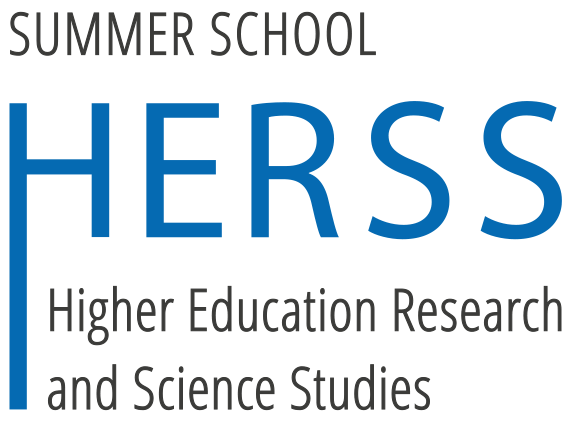HERSS Summer School 2025 on "Narratives of Disruption and Continuity in Science, Technology, and Society"
in cooperation with GRK 2696, University of Wuppertal
September 1st - 5th 2025
In 2025 the Interdisciplinary Summer School Series in "Higher Education Research and Science Studies" (HERSS) is held in cooperation with the Research Training Group GRK 2696 “Transformations of science and technology since 1800: topics, processes, institutions”, University of Wuppertal.
The Summer School takes place from 1st to 5th of September in Wuppertal (Germany) at the Flemings Express Hotel. The call for applications is open now until 31st of May 2025.
Topics
The summer school "Narratives of Disruption and Continuity" explores different contexts and forms in which transformations in the production and use of technology and scientific knowledge have been represented in modern times (1800-present). We will examine why and how actors – ranging from scientists and historians to journalists and politicians – have talked about, described or imagined different types of change. This includes change that had already occurred, that could or should occur but also change that did not or was not to occur.
To be more specific, this summer school will explore the conditions of possibility, including specific socio-cultural constellations, from which narratives of change have emerged and do emerge. What are their specific loci of enunciation? How do narratives of disruption and continuity function – or rather, how are they meant to function? Furthermore, we aim to analyze the content of narratives that present transformations of science, technology, and society as being disruptive, or as developing slowly, in non-linear ways, or as not happening at all. Moreover, we will discuss how they are produced, distributed, and received, and approach the figures, tropes, and cultural techniques employed.
The summer school will examine these themes from the perspectives of history, philosophy, and sociology of science and technology. We will discuss state-of-the-art theories, methods, and research designs that aim at better understanding the complex web of scientific narratives, their costs and benefits, and their impact on scientific careers. The summer school will give early career researchers the opportunity to discuss these issues with leading scholars and probe new ideas for their own projects.

